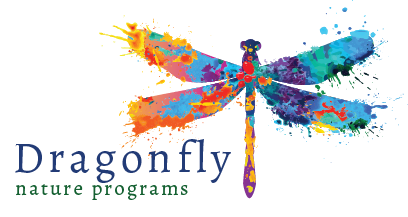I discovered the book “Plasticus Maritimus” at my local library and it became a very special book to me. It’s premise, written by Ana Pego, a biologist living in Portugal, was that, plastic is so terrbily abundant in the ocean, it warrants its own scientific name which Ms. Pego then defines as an invasive species. It then gives a field guide to identifying plastics in the environment. I found this book to be both clever and deeply disturbing.
I also found it to be inspiring. Ms. Pego writes: “I hope this book will encourage you to get to work: to refuse to use plastic that is unnessary, to look for alternative solutions, to be inspired by the ideas that you encounter, and to come up with your own ideas. There are already many of us working on this issue, but we need an ever-growing network of people in order to get rid of the plastic in the oceans.”
My response? I set out to collect the best available lesson plans for teachers on the topic of plastics and sustainable choices. What I found was too much of the same: reduce, reuse, recycle with an all too heavy emphasis on recycle. But recycling is: not available in all localities, not applicable to all items, including all types of plastics, and is an underfunded, underutilized tool. It can’t be what we continue to teach our youth. (see the post “Rethinking the 3R’s” for more information on the limitations of current teaching practices) What few resources I could find I posted links to below.
We don’t live in a culture that celebrates minimalism, going without, making choices beyond our immediate needs or sustainability. We, as a culture, over-consume and dispose, repeat, repeat, repeat.
I wrote an activity, “My Found Object” available for free on my website. It is just a start, a drop in the bucket. It will barely scratch the surface of what needs to be taught for our children to grow up doing better than us. And the truth is, we need to do better now. For us. For our children. For the planet.
I recommend the book “Plasticus Maritimus: An Invasive Species” by Ana Pego. You can also follow her blog on Facebook.
A pink plastic toy wrapped in netting on the beach.
And I recommend you follow any of these organizations for more information about our disposable crisis and your own personal role.
And here are some teaching guides on the topic of waste and sustainability that I do like. Please let me know about your favorites so I can add them to the list.
Marine Debris K-12 Resources (UNCW Marine Quest)
Winged Ambassadors: Ocean Literacy Through the Eyes of the Albatross (grades 9-12)
Finally, check out the activity “My Found Object.” It is designed to accomodate any age group with modifications. Use it as a guide to stimulate interesting conversations about waste with your children at home or in the classroom. If you do try it out, I would love your feedback. I can always rewrite the lesson to improve upon it or add to the collection of lessons on sustainability based on your feedback.


